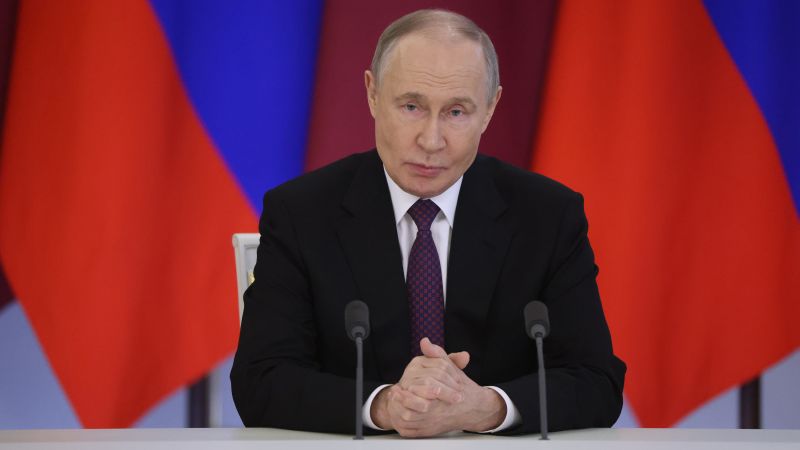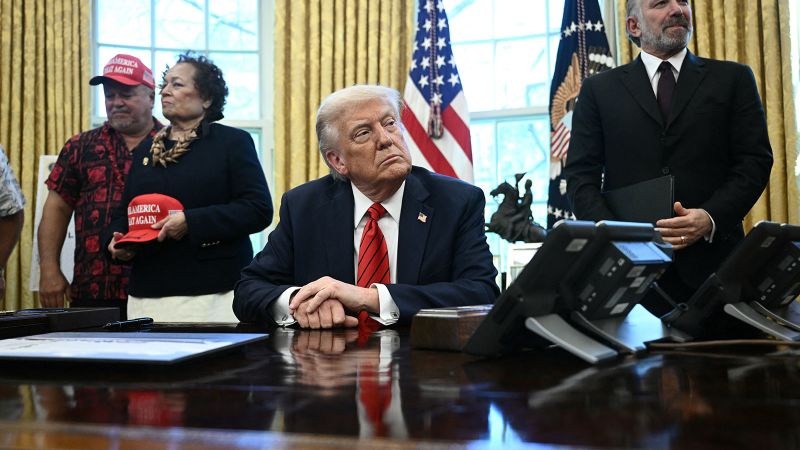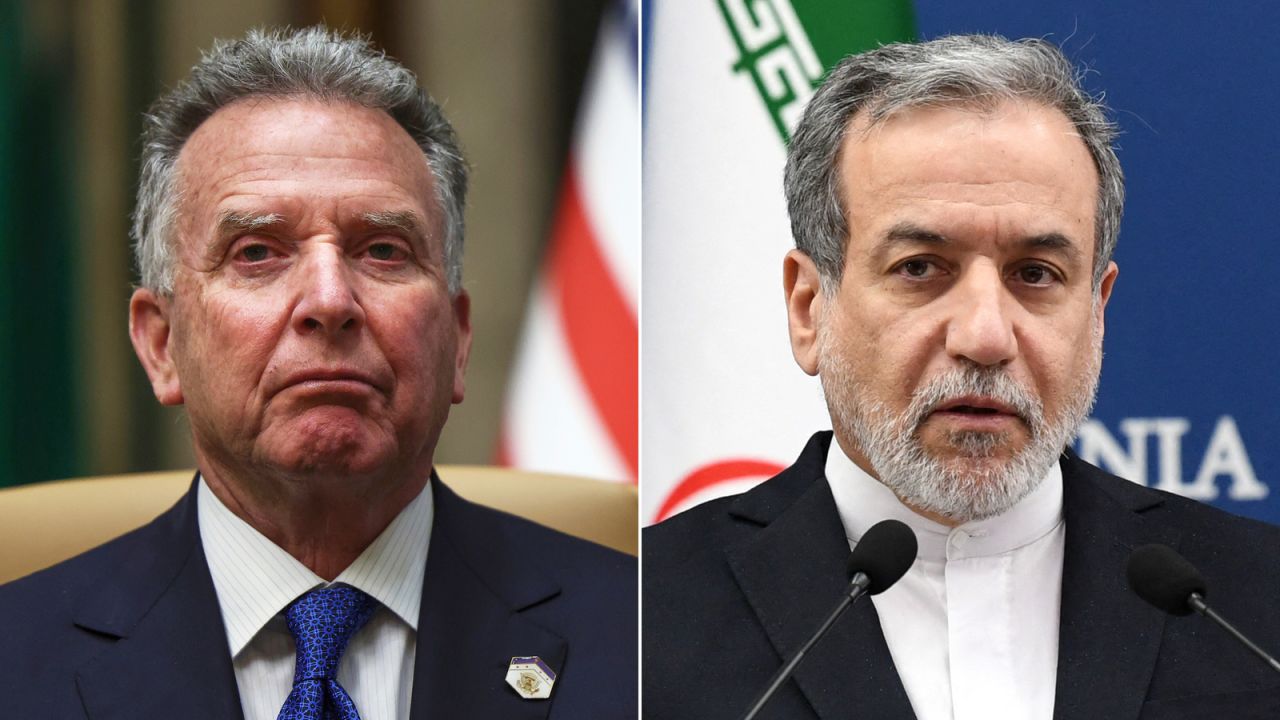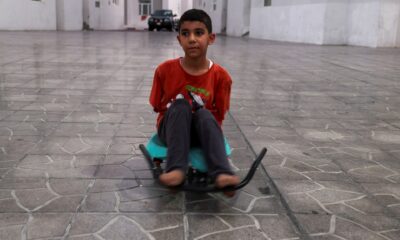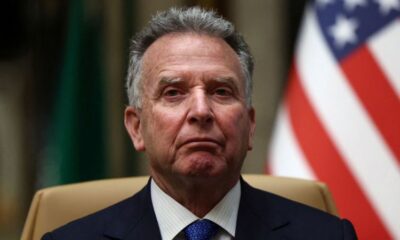CNN
—
Uprooting their young family from the US and moving to Switzerland was something of a gamble for Erik and Erin Eagleman, who were based in Wisconsin at the time.
But after having spent 11 years living in the European country previously, the couple were confident that it would be a great place to raise their three children.
In 2023, the Eaglemans relocated from Wisconsin to northwest Switzerland’s Basel with their three children, who were aged between six and 12 at the time, and their dog Schoggi, which translates to “chocolate” in Swiss German.
“We knew it was now or never,” Erik tells CNN Travel.

Erik and Erin, who have been married for around 21 years, first moved to Switzerland back in 2008, shortly after tying the knot, and spent several happy years there.
“We really fell in love with the country,” adds Erik, explaining that it was his job as a bicycle designer that brought them there initially.
While they ultimately decided to return to the US, starting a family soon after, the couple always hoped that they’d be able to live there again one day, with Erik keeping his “ear to the ground for opportunities back there.”
However, the Eaglemans knew that it would be tough to leave their US support network behind.
“We had wonderful friends. Wonderful community,” says Erin. “It was close to our family…But we had started over so many times in our marriage.”
According to Erin, they were comforted by the notion that they wouldn’t be starting from scratch in Switzerland, as they already had friends there.
“It’s tricky when you start over in a new place,” she says. “It takes, sometimes years, to really make deep connections and to feel that you’re really part of the community.
“But we knew that coming back to Switzerland, we already had that built-in community.”
The couple, who had kept in touch with the friends they’d made during their time in the country, and regularly returned for visits, believed that life in Switzerland would suit their family better.
“After just a short time, we were already missing this lifestyle here and living here,” says Erik, before explaining that their daughter was born in Basel.
“So we always had that tie back to kind of come back here.”
He goes on to explain that they were becoming concerned about school shootings in the US, and felt that their children would be safer in Switzerland.
“It was becoming closer and closer to home, so to speak,” says Erik. “And it just felt right to be moving to a place that was incredibly safe and feel like we’re kind of getting away from that.
“It wasn’t escaping. But it was a feeling of assurance that we’re making the right decision because of the safety involved in the country there. And being a neutral country…
“It was like, man, if there’s ever a place to be when things go down…”
In 2022, Erik and Erin brought their children over to the country for a month for a trial run before making their final decision.
“We rented a flat here, and I worked remotely,” Erik explains, noting that “not everybody has that luxury to be able to do that kind of thing.”
“We kind of did a day to day life here for a month… And the response from that was really, really positive from the kids.

“So that already kind of set them up for that mentality of moving… It made that transition so much better.”
Once Erik was able to secure another job in the country and obtain a temporary residence permit, they were ready to make their big move.
“It was pretty, pretty quick,” he says. “We decided to sell our house, sell the cars and uproot and and reduce as much as we could for the move over here.”
The family have been living in Basel for around a year and a half, and Erik and Erin are confident that they made the right decision.
Although they were initially worried about how the children would react to such a huge life change, Erin and Erik say that they are all “adapting very well.”
“That’s what we had hoped for,” says Erik, stressing they feel that they left at just the right time, and suspect that their oldest daughter may have struggled more if they had waited any longer.
“We’re very glad that we went and did this while we could, because if it was just even a year later, for her, it would have been incredibly hard.”
According to the couple, one of the main things that they value about raising children in Switzerland is the focus that’s put on learning a second language.
“In the United States, most of the time you don’t have the opportunity until not maybe ninth grade,” says Erin.
“And the older you get, the more difficult it becomes. So we wanted to give that to our children from a young age.”
All of their children now speak German, which is one of the four national languages of Switzerland, and their youngest child has been learning the local dialect.
“The local Swiss German is not a written language,” explains Erin. “It’s just a spoken language. So I think he’s picking up quite a bit of that from the playground.”
They also appreciate the amount of freedom that their children have, pointing out that their seven-year-old daughter “walks to school by herself.”
“We don’t even walk her out,” says Erik. “She just goes out and she goes across a couple streets.”
Erik goes on to explain that the school children return home for lunch in the afternoons, before walking back to school again.
“It feels safe here,” he adds, noting that their children have become “way more independent” since they moved to the country.
The Eagelmans love the fact that Basel is such a walkable city and the family spends a lot of time outdoors.
Pros and cons

However, one of the downsides of living there for the family is ultimately the higher cost of living, with pretty much everything, including groceries and utilities, being more expensive than what they were used to in the US.
“It’s very expensive in comparison to other places,” says Erik. “We call it the Swiss tax… It’s not an actual tax. It’s more like they bump up the price because they know they’re in Switzerland, and they can do this.”
They point out that Switzerland’s close proximity to Germany and France is helpful when it comes to things like this, explaining that it’s not out of the ordinary for people to “drive over the border” and “buy things for a lot cheaper.”
“When you buy the local-grown meat and vegetables, you are also buying extremely high quality,” explains Erin, adding that they don’t eat out much.
“So that’s why I think, for those things, the price tags are higher also.”
They’ve also noticed that smoking seems to be more socially accepted in Switzerland than they’ve experienced back home.
“I will say that’s one thing maybe that the US has done right,” says Erin. “Is to really push the non-smoking campaign.
“And so our children were just like, ‘What are they doing? Why are they doing that?’”
The couple also appreciate the fact that the education system in Switzerland seems to prepare youngsters for life beyond school at a much younger age.
“Our eldest daughter is 13,” says Erin. “This is something very different for her.
“They’re already starting to work on resumes and having interviews in different fields that the kids are interested in. So that’s way early.”
Erin is also grateful that her children are taught “more of a world view instead of history and current events,” at school.
They also appreciate being able to explore the rest of Europe relatively easily, recalling how the entire family recently traveled to Majorca, Spain to watch their eldest daughter compete in a swimming event.”
“We were able to just fly over to the island of Majorca and have this great experience,” says Erik. “It was cool.”
Erin goes on to explain that their daughter’s annual class trip is a one-week skiing visit up in the mountains.
“This is something that we don’t take lightly,” she notes. “We very much appreciate it, and our kids appreciate these experiences.”
Erik commutes to nearby Swiss city Zurich by train for work three times a week and has found that the “trains are always on time, clean, and quiet.”

“Life here runs smoothly,” he adds.
While they’re very happy living in Switzerland, the couple stress that they weren’t necessarily unhappy in the US.
However, Erik and Erin feel that this is the right place for their family for the time being.
The couple say that their children are benefitting hugely from the Swiss lifestyle, and spend a lot of time outdoors.
“As a culture they know how important it is to get outside and enjoy nature,” says Erik. “This philosophy is probably what I love the most.”
When quizzed on what they miss about living in the US, Erin says it’s simple things like popping into a coffee shop “grabbing a coffee to go, and going for a walk.”
“That’s not really the culture here,” she explains. “If you go to a cafe, you sit down and you have a coffee… Even though that sounds really silly, I kind of just missed that.”
She says she also misses being able to bulk buy while shopping for groceries for her family.
“The quantities of everything are just so much smaller here,” adds Erin. “And for a family of five, it means really going to the grocery store every single day…
“I also appreciate buying fresh food every day… It’s just something that sometimes I miss when I’m going out for maybe the third time because I forgot something.”
Although the couple have both been learning German, and say that “every day is better than the day before,” they are far from fluent, and look forward to the day that they can confidently make small talk with strangers.
“I think small talk is different than when you have an exact question you want to ask, or you need to find out an exact piece of information,” says Erin.
“And I haven’t gotten to the point where I’m good at that or comfortable with that yet… Because right now, I feel like I speak like a toddler.”
Erik and Erin, who plan to apply for permanent Swiss residency further down the line, note that “living abroad is not for everyone.”
They feel that it’s worked for them because they’ve approached the experience with “understanding and adaptability.”
“It can be easy to assume you can take your life, even day to day, from where you’re leaving to where you’re going,” says Erin.
“And things will be different. People will be different. And if you have an open mind, then you won’t be so discouraged when you can’t find exactly what you’re looking for at the grocery store. Because maybe it doesn’t even exist here.”


